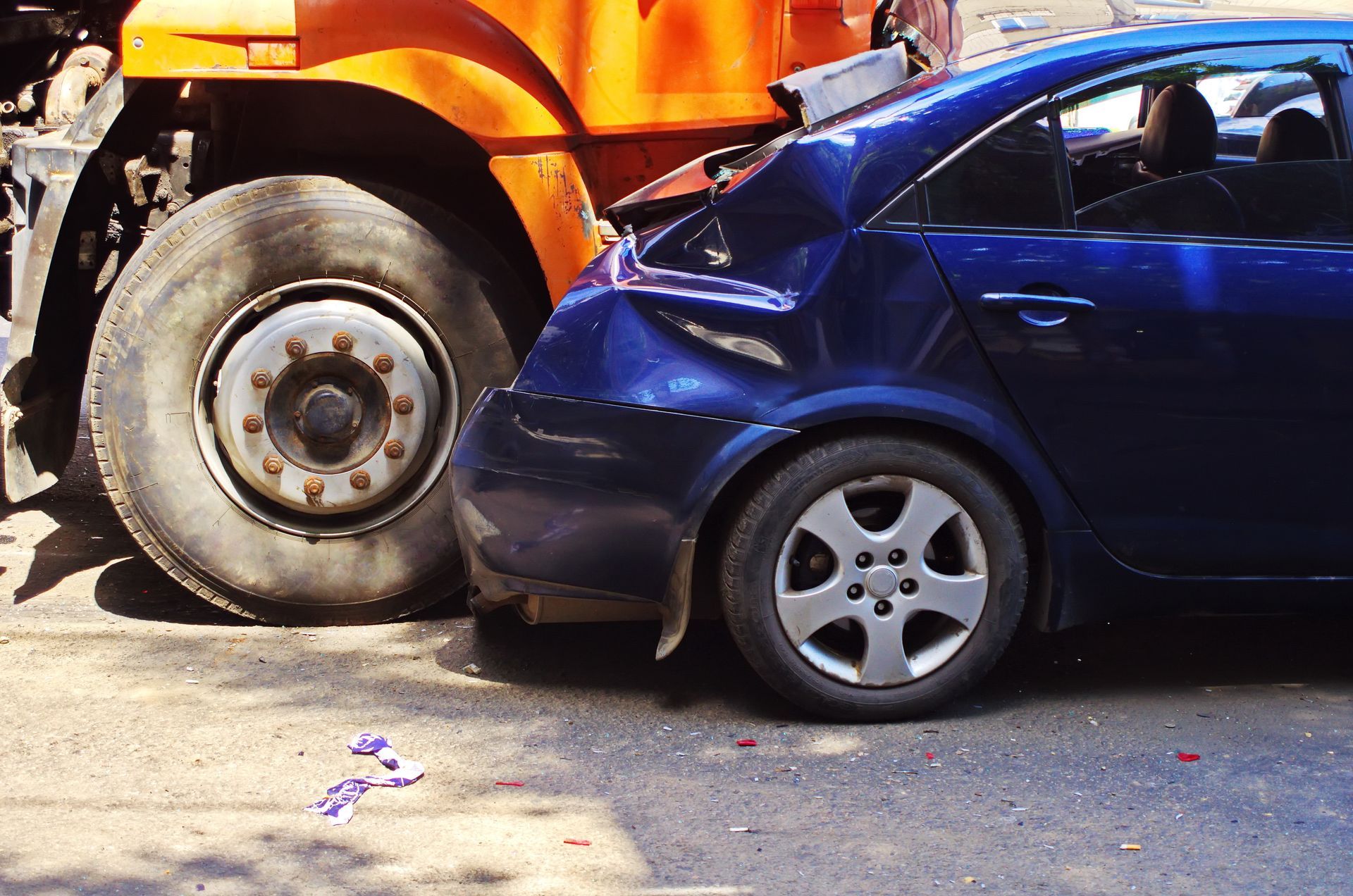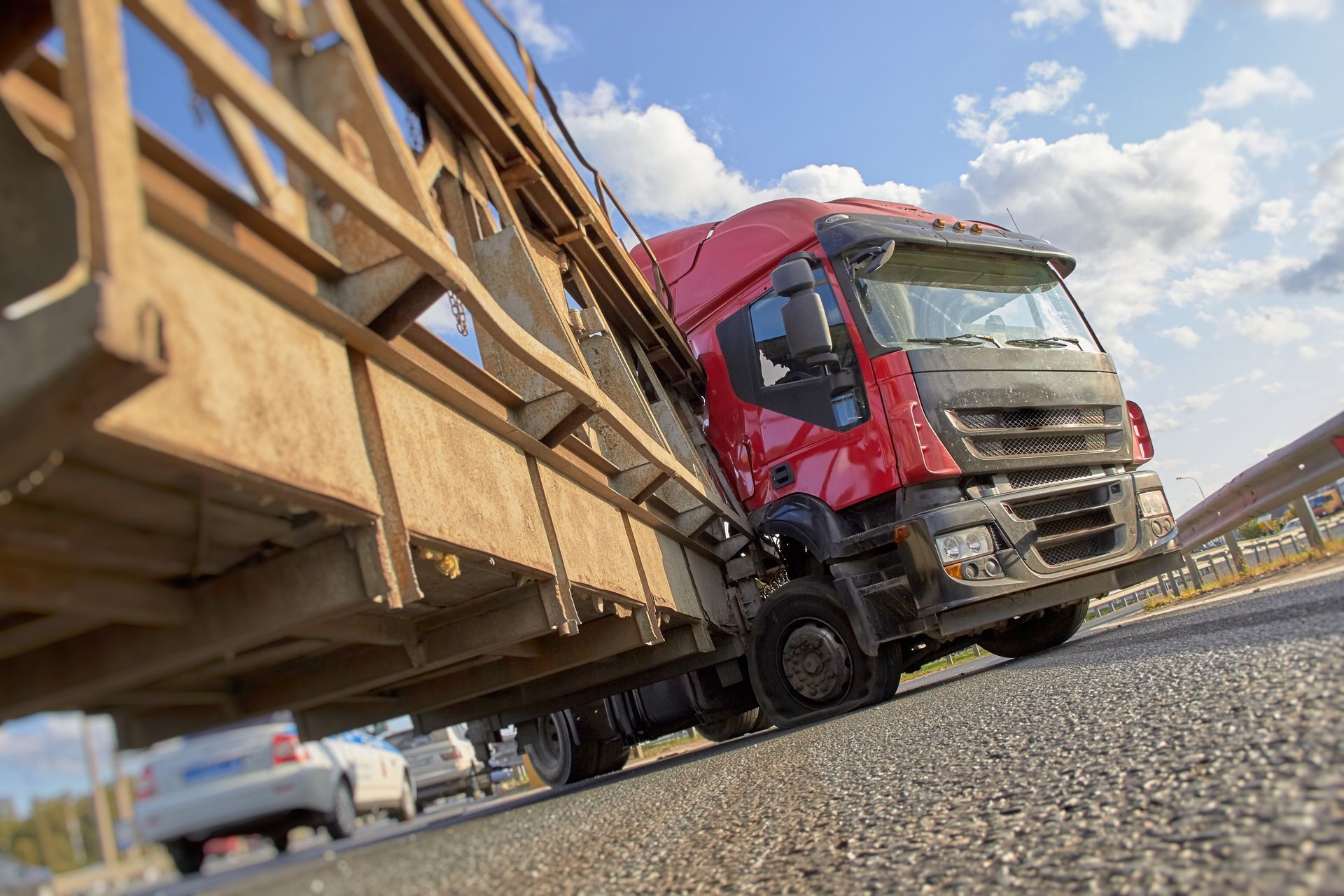How Truck Accidents Differ from Car Accidents Legally

Truck accidents and car accidents may share the same roads, but from a legal standpoint, they diverge significantly. Understanding these distinctions is crucial for both accident victims seeking compensation and legal professionals navigating the complexities of personal injury claims. In this comprehensive guide, we will explore the legal nuances that differentiate truck accidents from car accidents, shedding light on key factors that influence the legal landscape.
Complexity of the Parties Involved
One of the most prominent differences between truck and car accidents lies in the number of parties involved. In a typical car accident, the parties usually include the drivers of the involved vehicles and their respective insurance companies. However, in truck accidents, the complexity multiplies. Beyond the truck driver, other parties may be implicated, such as the trucking company, the cargo owner, maintenance contractors or even the manufacturer of the truck or its components.
This intricate web of stakeholders necessitates a thorough investigation to determine each party's degree of responsibility. Legal professionals handling truck accident cases must navigate through layers of contracts, employment relationships and regulatory compliance to establish liability accurately.
Federal Regulations
Unlike car accidents, truck accidents are subject to stringent federal regulations imposed by agencies such as the Federal Motor Carrier Safety Administration (FMCSA). These regulations govern various aspects of the trucking industry, including driver hours of service, vehicle maintenance and cargo securement.
In legal terms, violations of these regulations can significantly impact the outcome of a truck accident case. Evidence of non-compliance with federal regulations can strengthen a plaintiff's case, illustrating negligence on the part of the trucking company or driver. Legal professionals must be well-versed in these regulations to effectively advocate for their clients.
Insurance Coverage
The insurance landscape in truck accidents differs significantly from that of car accidents. Due to the potential for more severe injuries and damages in truck accidents, the insurance policies involved are generally of higher value. Trucking companies are required to carry substantial insurance coverage to account for the increased risk associated with their operations.
Navigating these larger policies and dealing with multiple insurers can be a daunting task. Legal professionals handling truck accident cases must possess the expertise to assess the adequacy of insurance coverage and strategically pursue claims against various policies to ensure full compensation for their clients.
Severity of Injuries: Impact on Compensation
Truck accidents often result in more severe injuries and a higher likelihood of fatalities compared to car accidents. The sheer size and weight of trucks amplify the force of impact, leading to catastrophic consequences for those involved. From a legal perspective, the severity of injuries directly influences the compensation sought in a personal injury claim.
Legal professionals must be adept at evaluating the long-term consequences of injuries, including medical costs, rehabilitation expenses, loss of income and the emotional toll on the victim and their family. Crafting a compelling case for compensation requires a nuanced understanding of the unique challenges posed by severe injuries in truck accident litigation.
Evidence and Documentation: Building a Robust Case
The nature of truck accidents demands a meticulous approach to evidence gathering and documentation. In addition to standard procedures such as police reports and witness statements, legal professionals handling truck accident cases must delve into additional sources of evidence.
Black box data, maintenance records, driver logs and cargo manifests can provide crucial insights into the circumstances leading up to the accident. This wealth of information requires legal professionals to collaborate with accident reconstruction experts to build a robust case that can withstand scrutiny in court.
Experienced Is Essential for Effective Advocacy
Due to the intricate legal landscape surrounding truck accidents, past experience is essential for effective advocacy. Legal professionals must stay abreast of evolving federal regulations, industry practices and technological advancements in the trucking sector. This level of expertise ensures that they can navigate the complexities of a truck accident case with precision, identifying key points of leverage and building a compelling legal strategy.
Statutory Limitations and Jurisdictional Complexities
Truck accidents often introduce additional legal hurdles related to statutory limitations and jurisdictional complexities. These cases may involve incidents that occurred across different states, each with its own set of laws governing personal injury claims. Navigating these jurisdictional intricacies requires legal professionals to have a deep understanding of interstate commerce laws, ensuring that they can effectively pursue claims across multiple jurisdictions.
Moreover, statutory limitations—the timeframes within which legal actions must be initiated—can vary between states. Legal professionals handling truck accident cases must be vigilant in identifying and adhering to these deadlines to avoid potential pitfalls that could jeopardize their client’s ability to seek compensation. This added layer of complexity underscores the need for expertise in truck accident litigation.
Negligent Hiring and Training: Holding Trucking Companies Accountable
In truck accident cases, legal professionals often delve into the hiring and training practices of the trucking companies. Unlike car accidents, where the focus is primarily on the individual drivers, truck accidents may reveal patterns of negligence on the part of the trucking companies themselves. Legal professionals must scrutinize whether the company conducted thorough background checks, provided adequate training and enforced safety protocols.
By uncovering instances of negligent hiring or inadequate training, legal professionals can build a case against the trucking company, asserting that their actions—or lack thereof—contributed to the accident. This layer of complexity adds depth to truck accident litigation, requiring legal professionals to meticulously examine the corporate practices surrounding driver employment and training.
Secure a Skilled Personal Atlanta Injury Lawyer
In the field of personal injury law, understanding the distinctive legal aspects of truck accidents is paramount for both legal professionals and accident victims. The involvement of multiple parties, federal regulations, higher insurance stakes, the severity of injuries and the need for truck crash-specific knowledge all contribute to the unique challenges posed by truck accident cases. Legal professionals adept at navigating these complexities can provide effective representation, ensuring that victims receive the compensation they deserve in the aftermath of a truck accident.
At ATL Elite, our dedication is to provide compassionate and detail-focused representation for individuals impacted by truck accidents. Explore our attorneys' page to connect with a nearby Atlanta lawyer experienced in truck crashes today.
ATL ELITE LAWYERS
All Rights Reserved | ATL Elite Lawyers


